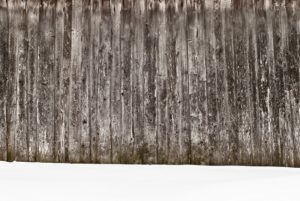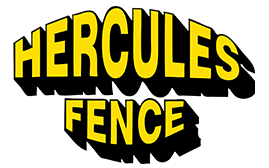
Read on to figure out what is growing on your fence, how you can get rid of it, and best practices for fence maintenance to protect your fence in the future.
Unless you have flowers or vines planted against your fence for decoration, the sight of something growing on your fence might alarm you. While some fences are more resistant to certain types of growth than others, virtually all fences can accumulate unsightly grime, harmful molds, or caked-on dirt. Read on to figure out what is growing on your fence, how you can get rid of it, and best practices for fence maintenance to protect your fence in the future.
-
Types of Filth
There are many things that can make a fence “dirty.” Algae, dirt, mildew, and mold are all the most likely culprits for a dingy-looking fence, and which type resides on your fence depends primarily on what material your fence is made out of. Wood and vinyl fences are more susceptible to being struck with mold, mildew, or algae than fences made with other materials. Dirt can get caked onto almost any fence. While a bit of dirt will not harm your fence, organic growths on wood fences can cause the fence to rot and degrade without proper care.
-
Cleaning vinyl
Vinyl fences are popular with some people simply because they are easy to maintain. Using a strong hose or a power washer is usually enough to clear a vinyl fence of dirt, grime, and organic growth. If your fence has a particularly troublesome patch of filth, tackle it with a diluted bleach or vinegar solution and a whole lot of elbow grease.
-
Cleaning steel or aluminum
Like vinyl fences, steel and aluminum are not susceptible to being penetrated or damaged by mold. As such, they are ridiculously easy to clean and own, regardless of your knowledge of fence maintenance. Cleaning your steel or aluminum fence with a hose or pressure washer should do the trick, and use a diluted vinegar or bleach solution for those exceedingly rare trouble spots. Another perk of steel and aluminum fences? Many come in dark finishes, which makes dirt utterly unnoticeable.
-
Cleaning wood
Wood fences are some of the most popular because of their looks, but they can also require more fence maintenance than barriers made of other materials. The first step to a clean wood fence is regular maintenance. If you haven’t already, decide on a regular maintenance schedule for your fence. This should include cleaning it, examining it for damage, making repairs, and reapplying paint or stain. When cleaning your wood fence, use a bleach or vinegar solution and allow it to soak into the wood of your fence. Scrub the surface dirt away, let the solution soak in, then take to your fence with a power washer. Wood is a porous material, so keeping it healthy relies on getting a good clean inside and out.
Hercules Fence is Here to Help
No matter what type of fence you have decided on, Hercules Fences has the expertise and equipment to construct your dream fence. Our experienced team can help meet your fencing needs, whether they are residential or commercial, for the right price. We proudly serve Albemarle County, Amelia, Ashland, Augusta, Buckingham, Caroline, Charles City, Charlottesville, Chester County, Chesterfield County, Colonial Heights, Cumberland County Dinwiddle County, Fluvanna County, and Fort Lee, Virginia, VA. Give us a call at 804-752-7992 or visit us online. To see examples of our work and keep in touch, don’t forget to follow us on Facebook, Twitter, LinkedIn, Flickr, and Pinterest.







